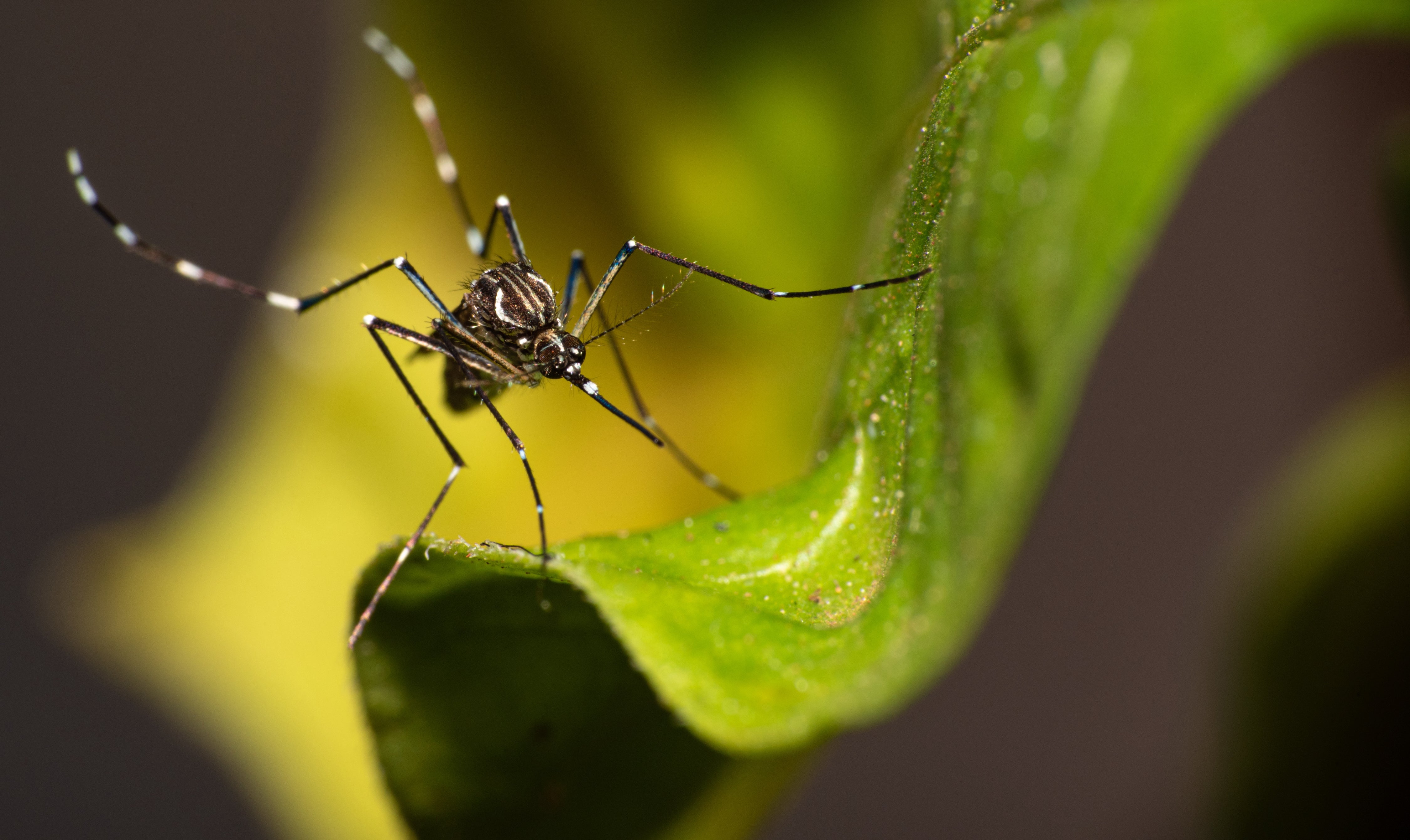[ad_1]

CLIMATEWIRE | Scientists have warned that some mosquito-borne conditions, like malaria and dengue fever, may spread into new territories as the world warms. So they begun breeding unique mosquitoes that could sluggish the transmission of viruses.
But until now, researchers weren’t confident if weather modify would destroy off these disorder-resistant bugs just before they could make a variation.
A new examine, printed Thursday in the journal Nature Local weather Transform, implies that the illness-quashing bugs will possible endure for at the very least the subsequent few of decades. Their destiny is less specified more into the upcoming.
The study focuses on a specific insect-borne bacterium called Wolbachia, which has organic virus-blocking properties and is carried in different insect populations, which includes some mosquito species.
It’s not ordinarily located in Aedes aegypti, or the “yellow fever mosquito,” 1 of the most substantial disease-carrying species on the earth. But experts have figured out techniques to introduce the micro organism into Aedes aegypti populations — and probably slow the transmission of illnesses such as yellow fever and dengue fever and the Zika and chikungunya viruses.
Scientists have presently launched various trial courses close to the entire world, such as in Queensland in Australia, Rio de Janeiro in Brazil and sections of Vietnam.
But Wolbachia has a weak point. The strain experts generally use in Aedes aegypti mosquitoes is sensitive to warmth. When daily average temperatures access about 95 levels, it tends to start out disappearing from the populace.
The new examine is among the the first to investigate regardless of whether climbing temperatures may possibly pose a possibility for Wolbachia-carrying mosquitoes in the coming decades.
The analysis focuses on Cairns, Australia, one particular of the spots ailment-resistant mosquitoes have already been launched. It takes advantage of a special model that mimics mosquito inhabitants dynamics to simulate how the bugs may respond as the region warms.
Assuming reasonable to significant amounts of potential local weather alter, the review finds that the Wolbachia-carrying inhabitants is most likely to survive at least by the 2030s — even as warmth waves worsen.
By the 2050s, the populace is very likely to decline for the duration of the hotter summertime months. But hotter winters are in fact conducive to mosquito breeding, and the populace could rebound for the duration of the cooler pieces of the 12 months.
That is just in Australia.
The scientists identified that the mosquito may not fare as nicely in other parts of the globe. They executed a equivalent evaluation for Nha Trang, Vietnam, one more spot wherever the disease-resistant mosquitoes have by now been introduced. The modeling observed that Wolbachia-mosquito numbers are likely to plummet in the 2050s, many thanks to more time and a lot more rigorous heat waves.
In general, the exploration indicates that Wolbachia-carrying mosquitoes may perhaps be additional susceptible in some components of the environment than in many others. And whilst populations could possibly be rather resilient through the 2030s, they are probably to facial area growing warmth-connected difficulties in afterwards, hotter many years.
Nevertheless, Wolbachia isn’t the only ailment-battling method in the toolbox.
Researchers have also developed genetically modified mosquitoes, carrying a gene that leads to long term generations to gradually die off. While Wolbachia prevents mosquitoes from transmitting viruses with out in fact killing them, the GMO method aims to straight lower mosquito populations.
Biotechnology firm Oxitec released a GMO mosquito demo in the Florida Keys in 2021. Past calendar year, it announced that the take a look at seemed to be doing work — but extra investigation is wanted to establish whether or not it is an effective tactic in the long time period.
Reprinted from E&E News with permission from POLITICO, LLC. Copyright 2023. E&E News delivers important news for strength and setting pros.
[ad_2]
Source link






